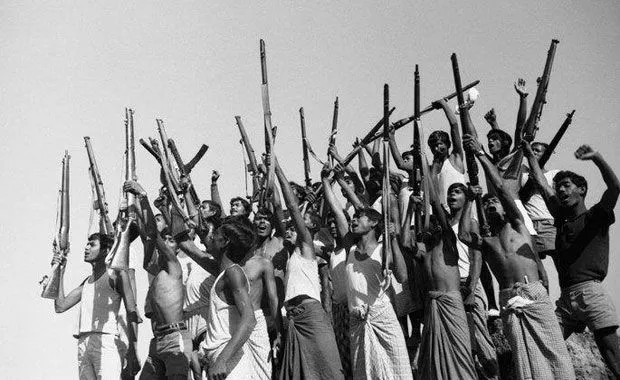History of Genocide in Bangladesh
Often forgotten in the western world, the genocide of Bangladesh lies deeply rooted in and engrained in the history of this country and its fight for independence. In 1970, after the separation of India from Pakistan, mounting tensions began rapidly surging between West Pakistan and East Pakistan over economics and the institution of the Urdu language. The people of East Pakistan, modern-day Bangladesh, felt cheated through the usage of “basic democracy” as a power ploy to retail government control, as well as the institution of martial law by then-Pakistani president Yayha Khan. Uprisings and riots soon gained velocity, and West Pakistan began a 9 month-long invasion of East Pakistan. During this time, the people of West Pakistan brutally massacred what is thought to be between 500,000 and 3 million Bengali citizens. After the forceful surrender of West Pakistan at the hands of India in December of 1971, Bangladesh won its independence.
Modern Human Rights in Bangladesh
There are many areas in the realm of human rights that Bangladesh has yet to address. The country has yet to establish freedom of speech legislation and instead has draconian-like digital security, which has allowed for the detainment of journalists, cartoonists, civilians, etc. for their critique of the government. The freedom of assembly that countries like the US have, is strongly opposed by the Bangladeshi government. There is an undeniable amount of extra-judicial executions, enforced disappearances, torture, violence against women and girls, and more, that have led to feelings of unsafety among the people. While the government claims to be addressing these issues, very little is yet to be done.

